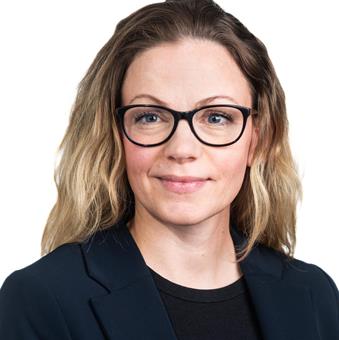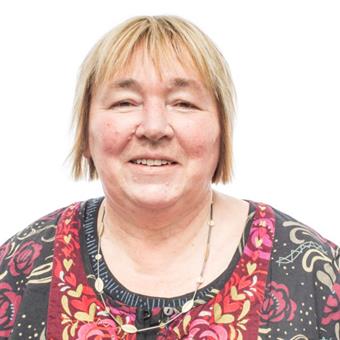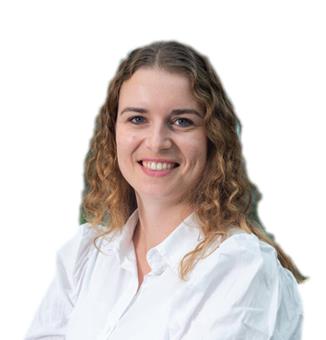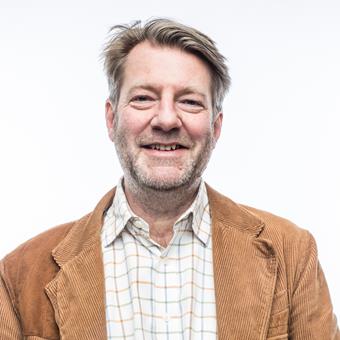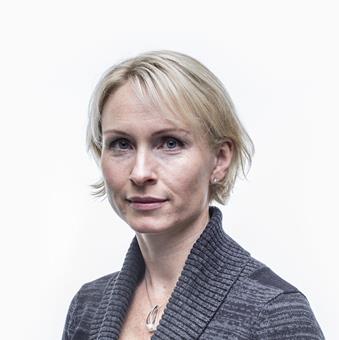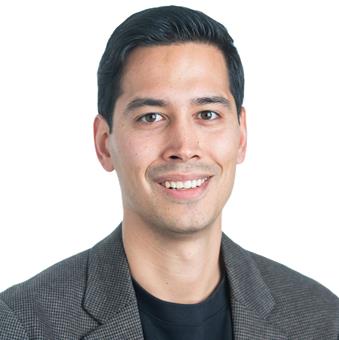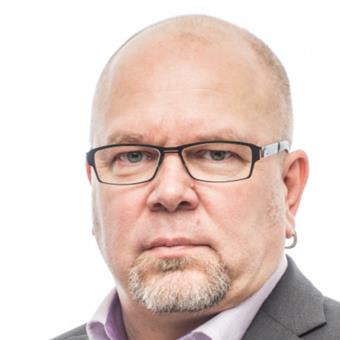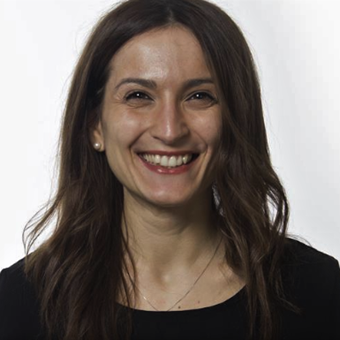Research on Ageing and Social Change aims at integrating analyses of changing societies in Sweden and Europe with the study of individual ageing processes within the theoretical framework of life-course research.
Issues of ageing and social change are conceptualised and analysed in terms of structural and institutional shifts (life-course policies, labour markets, welfare and legal systems, social inequality, integration and exclusion), in terms of changes inwork, social networks, everyday life and health of older people (employment, life-long learning, retirement transitions, health behaviours, ageing with morbidities and disabilities, support needs and care systems) and regarding new societal and technological frameworks of ageing.
Staff from sociology, (social) psychology, gerontology, economy, methodology, communication sciences, journalism, anthropology, social policy and other disciplines are operating in ASC within the Department of Culture and Society.





